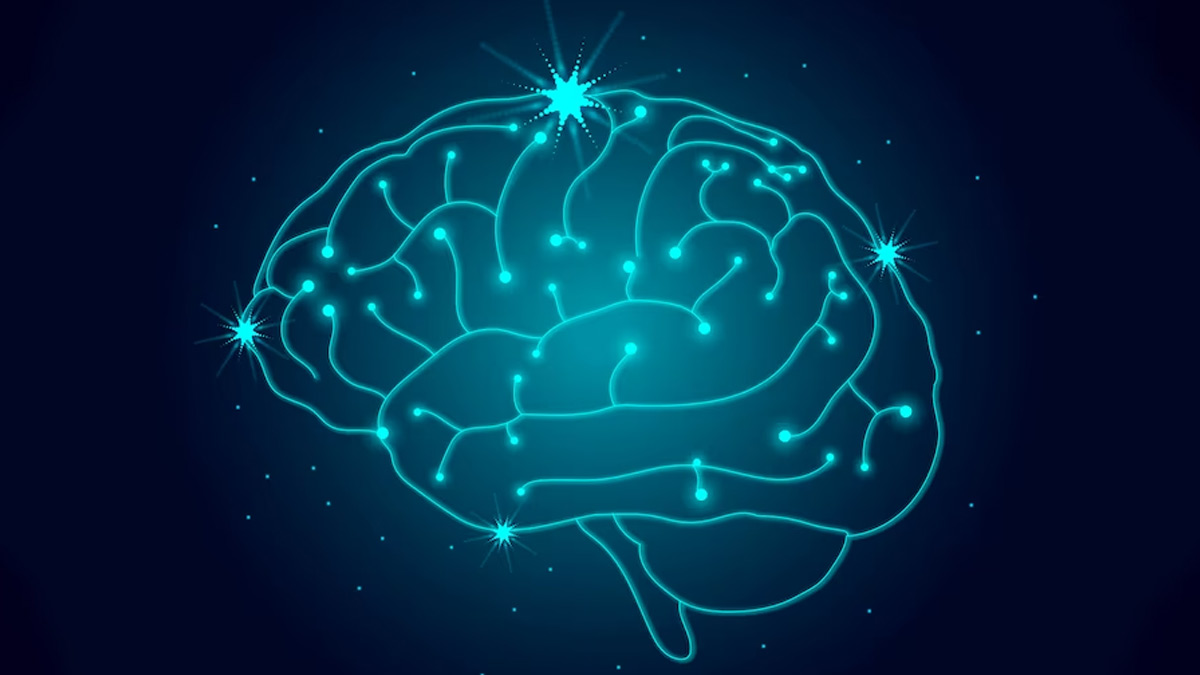
The ability to detect a tumour earlier, when it is smaller, reduces the impact of surgery and treatment, improving the prognosis for many patients. Hence the mainstay of early diagnosis will be clinical, high index of suspicion and close followup of patients to identify any change in the symptoms leading to the development of cancer.
Table of Content:-
“Brain tumour symptoms are similar regardless of whether they are cancerous (malignant) or noncancerous (benign). They may differ depending on the type, location in the brain, and the stage of the tumour”, said Dr Srinivas Botla, Senior Consultant Neurosurgeon, Yashoda Hospitals, Hyderabad.
According to Cancer Research UK, prognosis for primary brain tumours remains poor: only 40% of people diagnosed with malignant brain tumours live for more than a year, and less than 20% for more than 5 years.
Symptoms of a brain tumour
Dr Bolta says that symptoms of brain tumour mostly are non-specific, which include:
- Headaches, which may be severe and worsen with activity or in the early morning.
- Seizures.
- Personality changes.
- Nausea or vomiting.
- Fatigue.
- Drowsiness.
- Sleep problems.
- Memory problems.
- Weakness or tingling of hand and or leg
- Vision, smell or hearing disturbances
Also read: Persistent Headaches To Blurry Vision: Warning Signs Of Brain Tumour To Watch Out For
Following are teh signs that a headache could be a symptom of a brain tumour.
- Persistent headache episodes
- Headache episodes that increase in intensity, or frequency over time
- Headache episodes that are worse in the morning often associated with vomiting

Process Of Diagnosis
Doctors will take a full medical history and perform a range of neurological tests to determine what is causing the symptoms. They usually order a CT/MRI scan to diagnose a brain tumour and study its location, size and nature.
Also read: 5 Symptoms That Point Towards A Diagnosis Of Brain Tumour
If they locate a tumour in the brain, they will take a biopsy, and treat by means of surgery, radiotherapy and chemotherapy. Increasing patient awareness regarding symptom tracking and early presentation to a doctor aids in early detection of brain tumours.
Targeted and Personalised Therapies
Advancements in medical science have resulted in the development of targeted therapeutics and tailored medicine for brain tumours. Early discovery allows clinicians to identify the tumour's particular characteristics, such as genetic alterations and molecular profile. This knowledge enables a customised therapy approach, such as targeted medication therapies or immunotherapies, which can attack tumour cells selectively while causing minimal injury to healthy brain tissue.
Improved Quality of Life
Early detection not only improves the chances of a successful cure but also positively impacts the patient's overall quality of life. Prompt treatment reduces the duration and intensity of symptoms, minimising the physical and emotional toll on the individual. It allows patients to maintain their daily activities, work, and relationships with less disruption. Early intervention also provides the opportunity for psychosocial support and counselling, helping patients and their families cope with the challenges of a brain tumour diagnosis.
Also watch this video
How we keep this article up to date:
We work with experts and keep a close eye on the latest in health and wellness. Whenever there is a new research or helpful information, we update our articles with accurate and useful advice.
Current Version